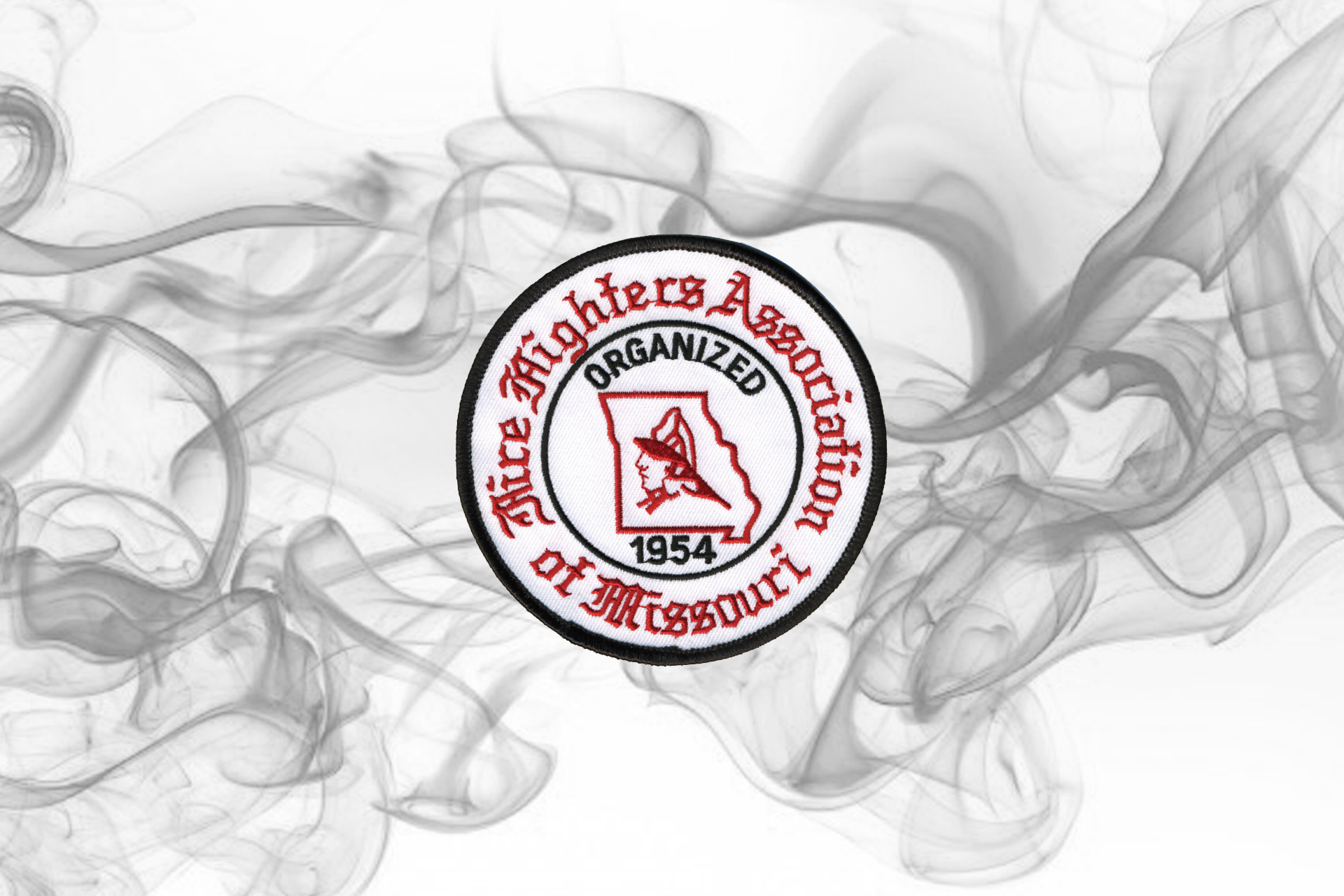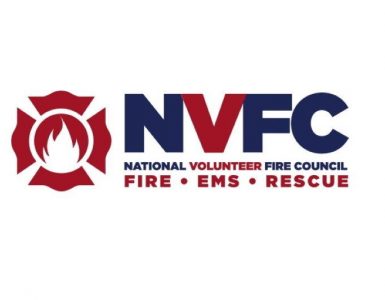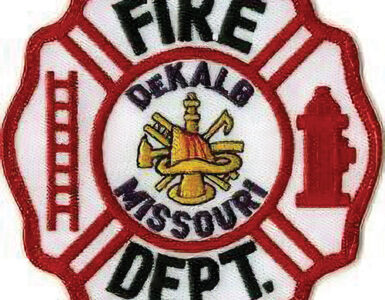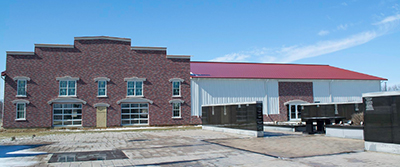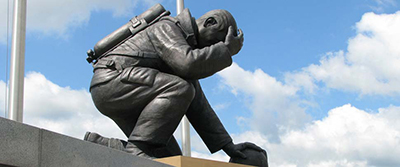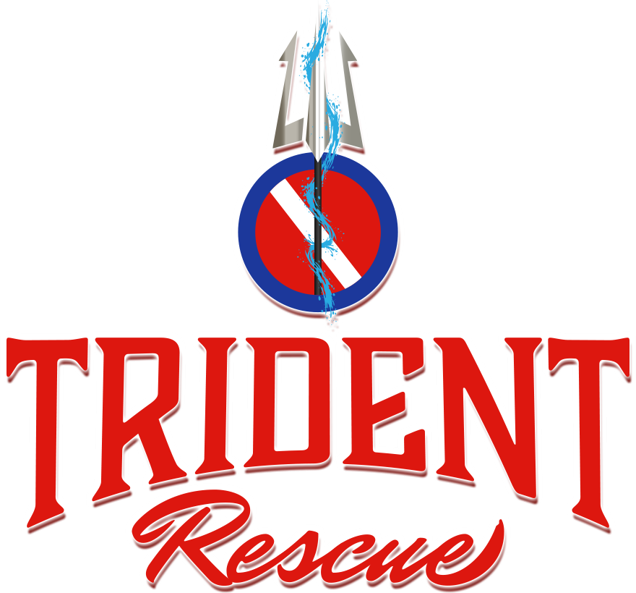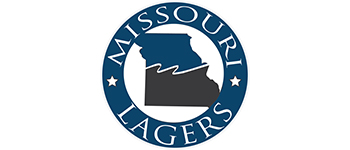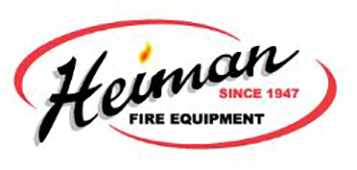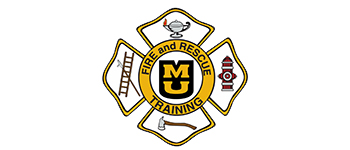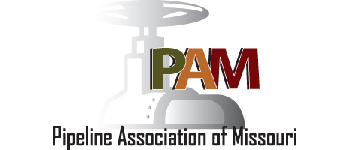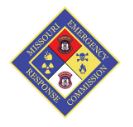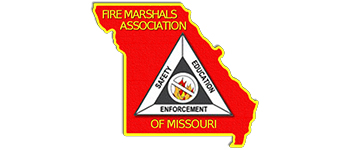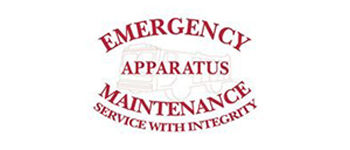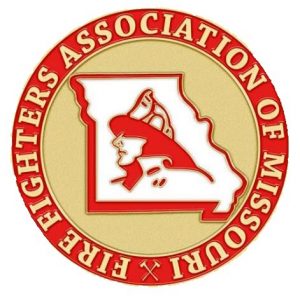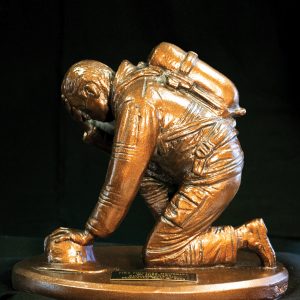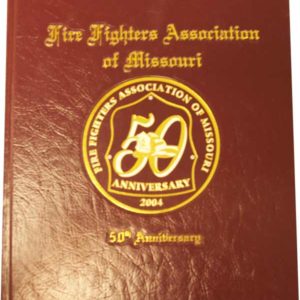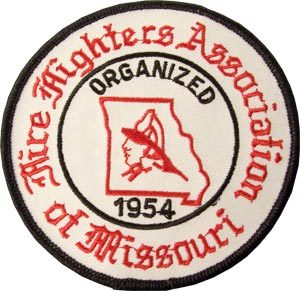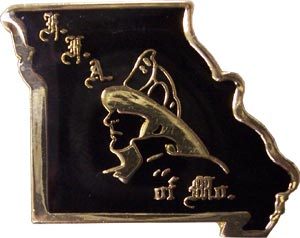With the nip in the air, that means that fall has arrived, and the leaves are changing and falling. Time has flown. As I’m crossing T”s and dotting I’s, let’s say a prayer for all those impacted by the recent tornados. Here are some safety tips for the season of being thankful for what we have.
Thanksgiving is a time for family and holiday traditions including taste-tested, Thanksgiving recipes. A time where family members may want to join in the food preparation and fire safety is important. With the speed of deep-frying a turkey, the irresistible flavor, and juicy results, turkey frying has become a Thanksgiving tradition for some. But turkey fryers can potentially cause fires and serious injuries. This is why organizations like Underwriters Laboratories and the National Fire Protection Association advise against using them. If you plan to deep-fry your holiday bird, be sure you know how to safely use the fryer. Take these precautions to protect yourself, your guests, and your home.
Tips to help prevent deep-fried turkey accidents
Keep outdoor fryers off decks, out of garages, and a safe distance away from trees and other structures. Make sure the turkey is thawed and dry before cooking. Ice or water that mixes into the hot oil can cause flare-ups. Watch the weather. Never operate a fryer outdoors in the rain or snow. Place the fryer on a level surface, and avoid moving it once it’s in use. Leave 2 feet between the tank and the burner when using a propane-powered fryer. Follow the manufacturer’s instructions to avoid overfilling. Oil can ignite when it makes contact with the burner. Choose a smaller turkey for frying. A bird that’s 8 to 10 pounds is best; pass on turkeys over 12 pounds. Never leave fryers unattended. Purchase a fryer with temperature controls, and watch the oil temperature carefully. Cooking oil that is heated beyond its smoke point can catch fire. If you notice the oil is smoking, turn the fryer off. Turn off the burner before lowering the turkey into the oil. Once the turkey is submerged, turn the burner on. Wear goggles to shield your eyes, use oven mitts to protect your hands and arms, and keep an “ABC” or grease-rated fire extinguisher close by. Do not use water or a garden hose on a turkey fryer fire. Skip the stuffing when frying turkey, and avoid water-based marinades. Keep children and pets away from the fryer at all times. Once finished, carefully remove the pot from the burner, place it on a level surface, and cover to let the oil cool overnight before disposing of it.
Christmas is just days away. Please take steps toward Christmas tree safety, preventing candle fires, and fireplace safety. Every year there are thousands of reports of falls from ladders while stringing lights and hanging decorations, incidents of lacerations from broken glass ornaments, and other holiday-related injuries. The Consumer Product Safety Commission (CPSC) reminds consumers emergency rooms treated an estimated 14,700 holiday-decorating related injuries in 2016. An average of about 240 injuries per day in November and December! Between 2012 and 2014, there was an average of 10 deaths and $15.7 million in property loss related to Christmas tree fires. During that same period, an average of 10 deaths and $42.2 million in property loss occurred due to fires related to candles. Make sure your live Christmas tree has plenty of water, keep lit candles away from flammable items, and use caution when standing on a ladder or a chair to hang decorations. Have a fantastic holiday season by following some simple holiday fire safety tips.
How to prevent Christmas tree fire hazards
Ensure that your live tree is fresh,nobody likes a burning Christmas tree! The needles should be hard to pull from the branches and don’t break when bent between your fingers. The bottom of the trunk should be sticky with resin. If you tap the tree on the ground, a few needles should fall off.
Keep the tree away from heat sources such as fireplaces, vents, and radiators. Be sure to check the water level daily and make sure the stand is filled with water. Heated rooms will quickly dry out the tree. Practice Christmas tree safety by placing the tree out of traffic and making sure it’s not blocking doorways. If you buy an artificial tree, be sure to look for the “Fire Resistant” label. The label doesn’t guarantee the tree won’t catch on fire, but it does indicate the tree is more resistant to catching on fire.
How to avoid candle fires
Only burn candles where you can keep an eye on them. When you go to bed, leave the room or leave the house, extinguish all candles. Ensure candles are placed on heat-resistant, stable surfaces and where kids and pets can’t reach them or knock them over. Candles should always be placed far away from items that could catch fire and burn easily, such as trees, decorations, curtains, and furniture.
How do you avoid electrical fires?
Practice Christmas light safety by buying your lights from reputable retailers. Check that your lights are approved by a nationally recognized testing lab such as UL, Intertek, or CSA. UL identifies products meeting safety requirements for indoor and outdoor use with a red holographic label. For indoor-only usage, the product will have a green holographic label.
Be sure to check all lights and throw out any that have broken or cracked sockets, frayed or bare wires, or any loose connections. Never use electric lights on metallic trees. Make sure to use extension cords for their intended use – indoors, outdoors, or both. Be sure to plug outdoor Christmas lights into circuits that are protected by Ground Fault Circuit Interrupters (GFCIs). Fasten outdoor lights securely to the house, trees, or other supports to keep them from pulling away with the wind. But don’t damage the cord with fasteners. Take care not to puncture roofing shingles when fastening lights to the home. Watch for water and snow and keep both extension cords and lights clear of them. Make sure cords and light strands are not pinched in doors, windows, or under furniture. This can damage the cord and its insulation. When you leave home or go to bed, be sure to turn off all indoor and outdoor Christmas lights and electrical decorations. Be very careful around power lines, keep yourself and your equipment at least 10 feet away from them. Don’t overload electrical outlets with too many decorations or other electrical devices – they could overheat and cause a fire.
Is your fireplace ready for the holidays? Has your fireplace been inspected to see if it needs cleaning before using it through the holidays? Be sure to keep a screen on the fireplace to prevent embers from popping out and landing on the floor or carpet. Don’t burn wrapping paper in the fireplace. The paper ignites quickly and burns intensely and could result in a flash fire. Only used seasoned wood. Fires are just one area of safety to think about during the holiday season.
Decorating can also be something that can cause injuries. If there are small children in the home, take special care to avoid heavy, sharp, or breakable decorations. And be sure children can’t reach decorations with small removable parts that can be swallowed or inhaled. Don’t tempt children with decorations that resemble candy or food that they might try to eat.
I hope everyone that reads this has the most amazing holiday season filled with happiness and joy with family and friends. Cherish the time times we have because you never know so make every day the best. Have the greatest Thanksgiving and the merriest of Christmas and that 2022 will be 1000 times better than the last. Be safe until we meet again.


